Ex-intelligence chief James Clapper says Russia won the election for Trump. This study backs him up.

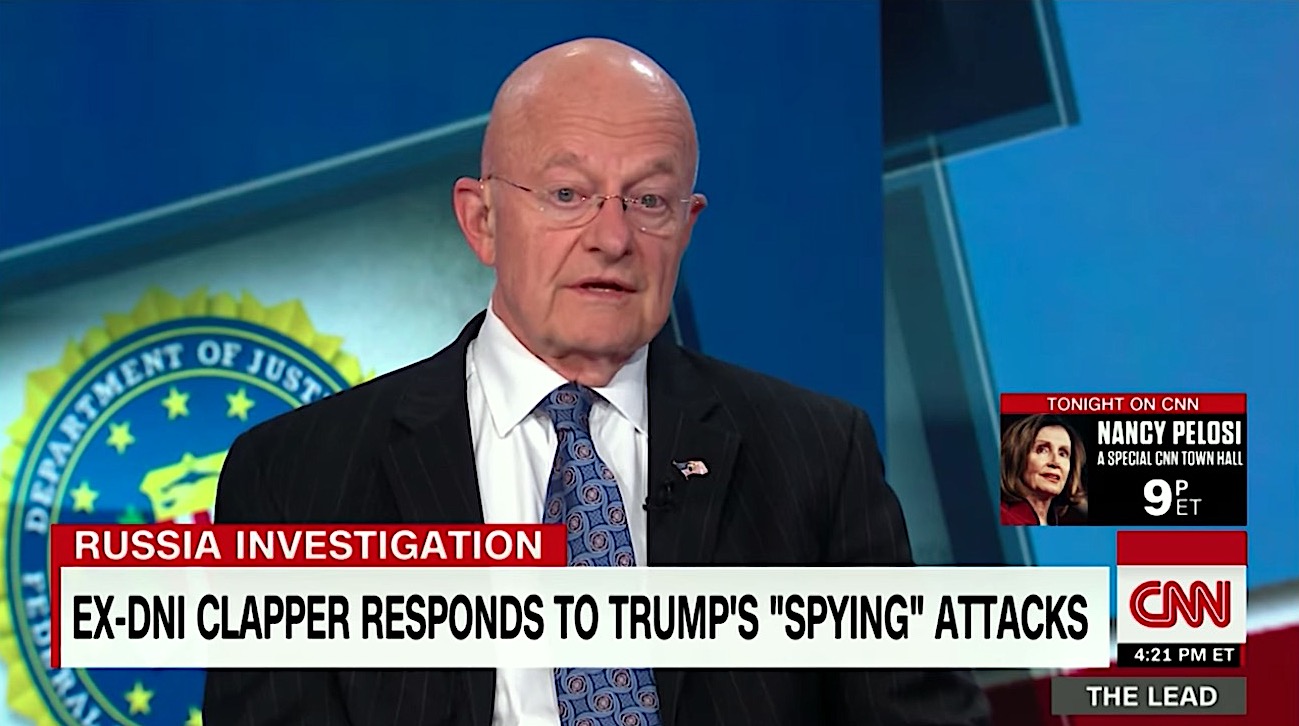
President Trump and his allies have been attacking former Director of National Intelligence James Clapper over the past few days, part of his attempt to make "Spygate" happen. Clapper is on a media tour to promote his new book, Facts and Fears, and along with explaining how Trump is distorting his words and the FBI's attempt to investigate Russia, Clapper has been explaining his contention in the book that the Russians, to their surprise, "swung the election to a Trump win."
"Since I left the government," Clapper told PBS NewsHour on Wednesday, "it's what I call my informed opinion that given the massive effort the Russians made, the number of citizens that they touched, and the variety and the multidimensional aspects of what they did to influence opinion and affect the election, and given the fact that it turned on less than 80,000 votes in three states, to me it just exceeds logic and credulity that they didn't affect the election, and it's my belief they actually turned it."
On CNN Thursday night, Clapper swatted down more Trump team attacks and reiterated his "informed opinion" about Russia handing the election to Trump, though, he told Jake Tapper, "I don't have the empirical evidence to go with it."
The Week
Escape your echo chamber. Get the facts behind the news, plus analysis from multiple perspectives.

Sign up for The Week's Free Newsletters
From our morning news briefing to a weekly Good News Newsletter, get the best of The Week delivered directly to your inbox.
From our morning news briefing to a weekly Good News Newsletter, get the best of The Week delivered directly to your inbox.
But there is some empirical evidence, if not conclusive, in a new working paper at the National Bureau of Economic Research. Automated Twitter bots — a key tool that Russians used in the election — may have added 3.23 percentage points to Trump's vote in 2016, as well as 1.76 percentage points to the "leave" vote in Britain's Brexit campaign, the researchers found. "Our results suggest that, given narrow margins of victories in each vote, bots' effect was likely marginal but possibly large enough to affect the outcomes," write authors Yuriy Gorodnichenko from U.C. Berkeley and Tho Pham and Oleksandr Talavera from Britain's Swansea University. You can read more about the study at Bloomberg News.
A free daily email with the biggest news stories of the day – and the best features from TheWeek.com
Peter has worked as a news and culture writer and editor at The Week since the site's launch in 2008. He covers politics, world affairs, religion and cultural currents. His journalism career began as a copy editor at a financial newswire and has included editorial positions at The New York Times Magazine, Facts on File, and Oregon State University.
-
 How to rekindle a reading habit
How to rekindle a reading habitThe Week Recommends Fall in love with reading again, or start a brand new relationship with it
-
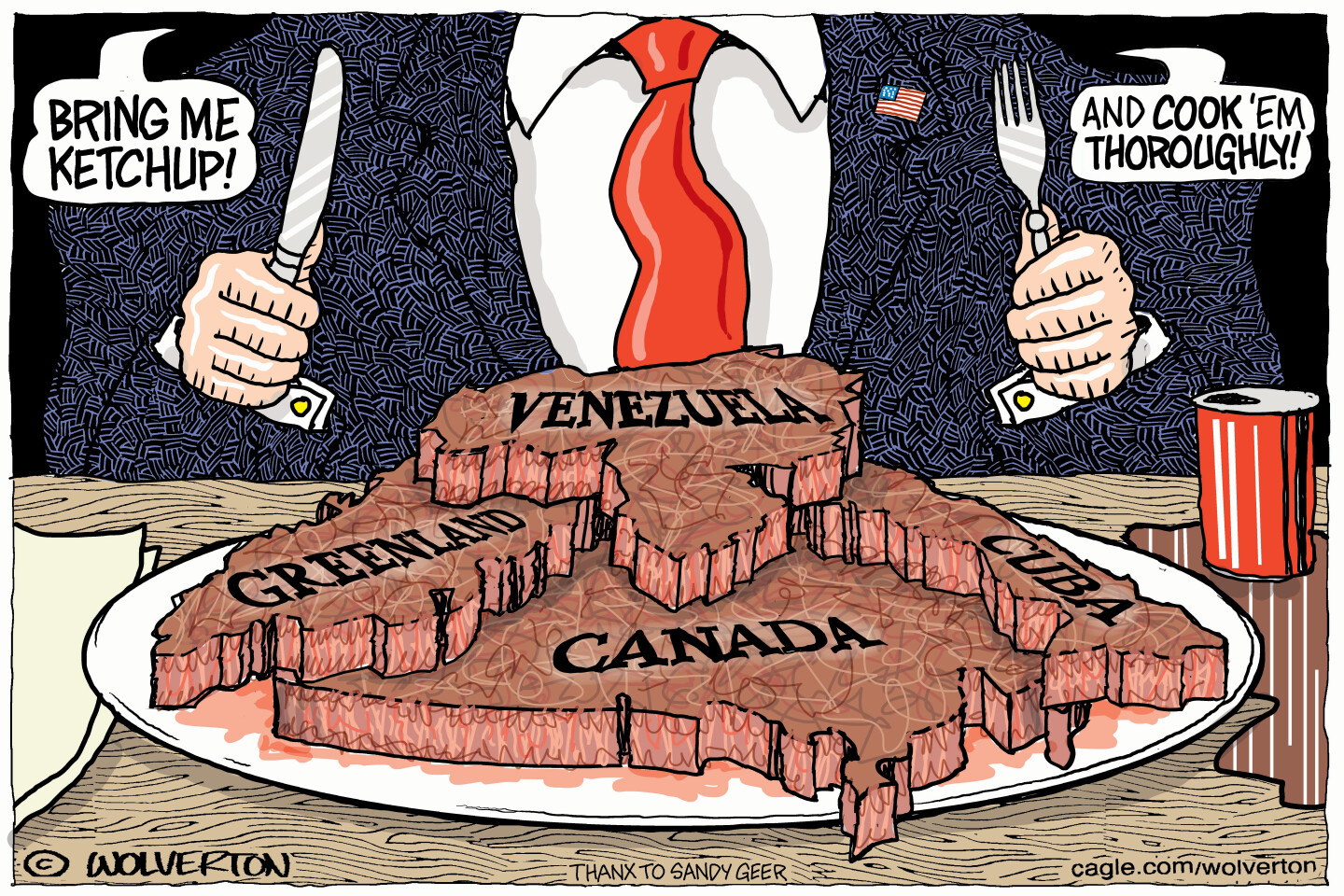 Political cartoons for January 8
Political cartoons for January 8Cartoons Thursday’s political cartoons include a well-done steak, a silenced protester, and more
-
 US nabs ‘shadow’ tanker claimed by Russia
US nabs ‘shadow’ tanker claimed by RussiaSpeed Read The ship was one of two vessels seized by the US military
-
 The billionaires’ wealth tax: a catastrophe for California?
The billionaires’ wealth tax: a catastrophe for California?Talking Point Peter Thiel and Larry Page preparing to change state residency
-
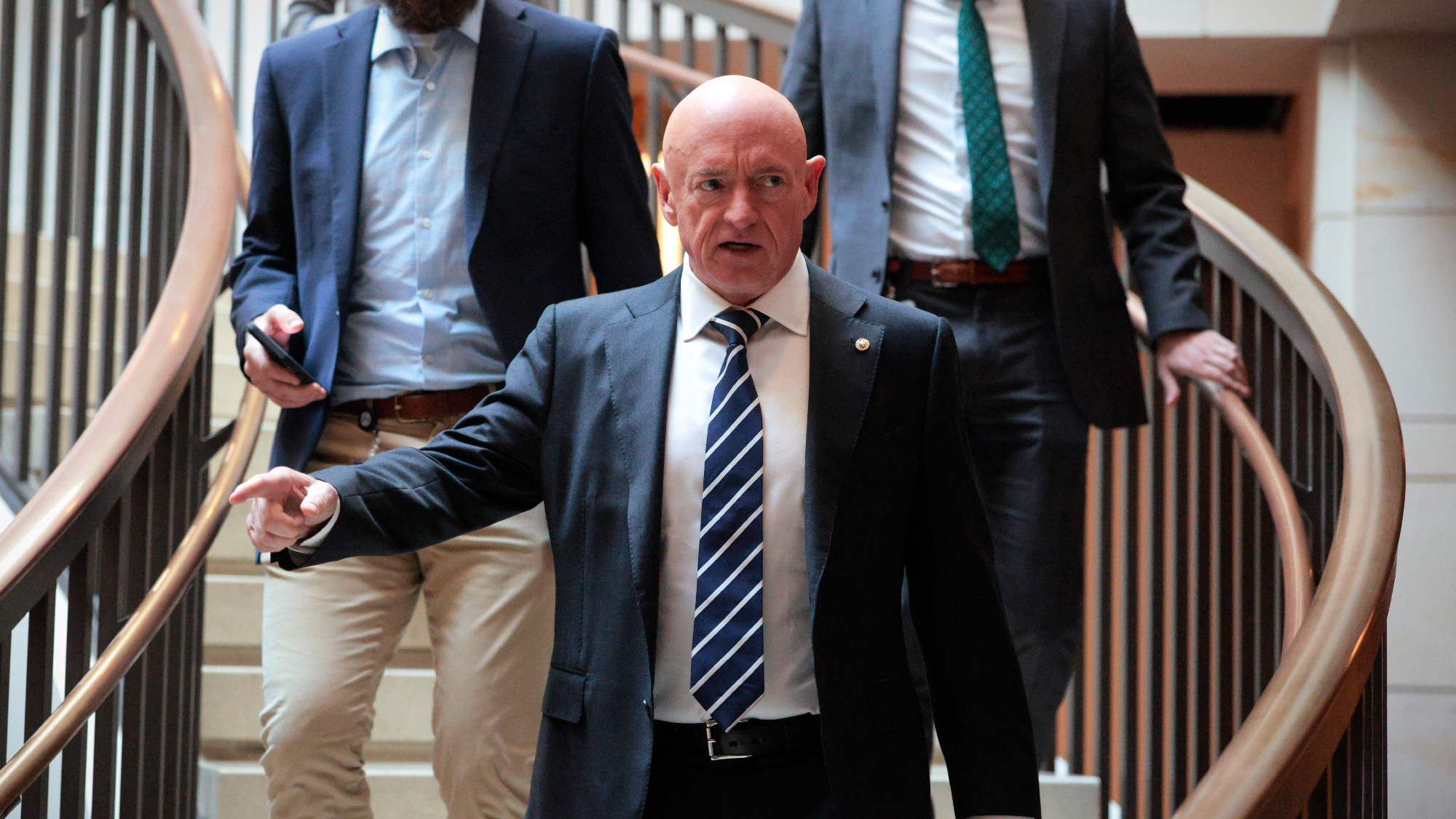 Hegseth moves to demote Sen. Kelly over video
Hegseth moves to demote Sen. Kelly over videospeed read Retired Navy fighter pilot Mark Kelly appeared in a video reminding military service members that they can ‘refuse illegal orders’
-
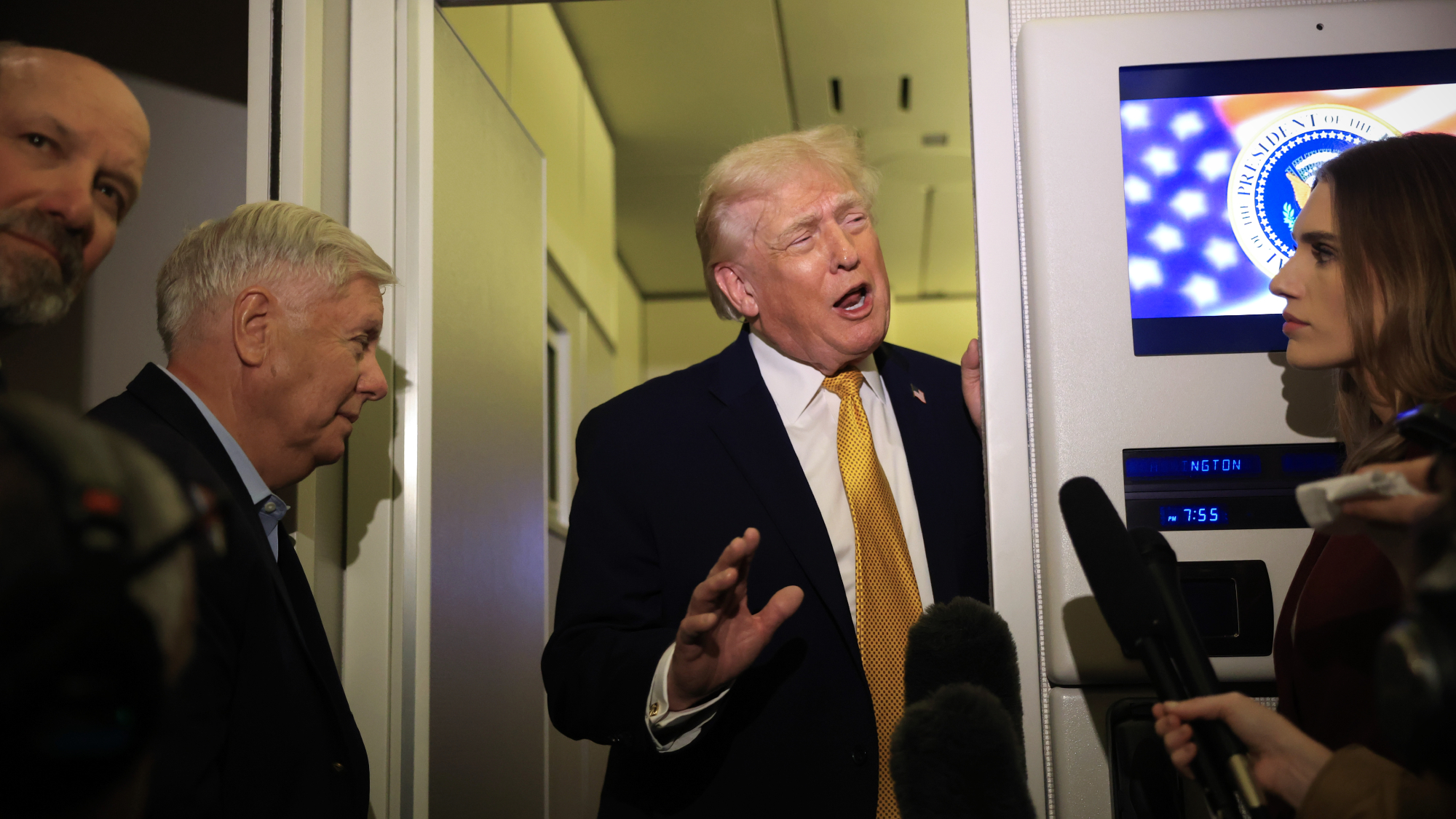 Trump says US ‘in charge’ of Venezuela after Maduro grab
Trump says US ‘in charge’ of Venezuela after Maduro grabSpeed Read The American president claims the US will ‘run’ Venezuela for an unspecified amount of time, contradicting a statement from Secretary of State Marco Rubio
-
 Bari Weiss’ ‘60 Minutes’ scandal is about more than one report
Bari Weiss’ ‘60 Minutes’ scandal is about more than one reportIN THE SPOTLIGHT By blocking an approved segment on a controversial prison holding US deportees in El Salvador, the editor-in-chief of CBS News has become the main story
-
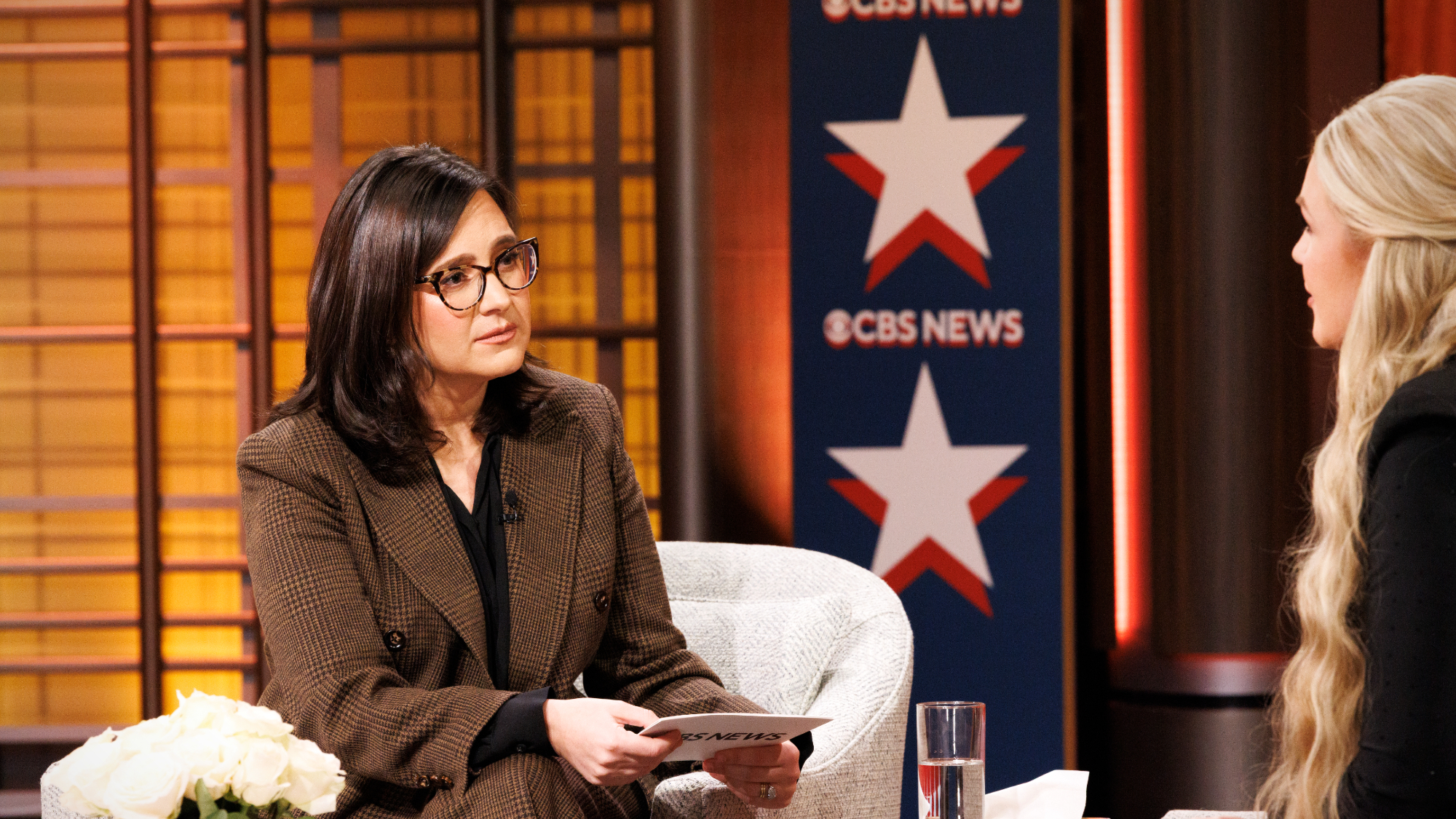 CBS pulls ‘60 Minutes’ report on Trump deportees
CBS pulls ‘60 Minutes’ report on Trump deporteesSpeed Read An investigation into the deportations of Venezuelan migrants to El Salvador’s notorious prison was scrapped
-
 Trump administration posts sliver of Epstein files
Trump administration posts sliver of Epstein filesSpeed Read Many of the Justice Department documents were heavily redacted, though new photos of both Donald Trump and Bill Clinton emerged
-
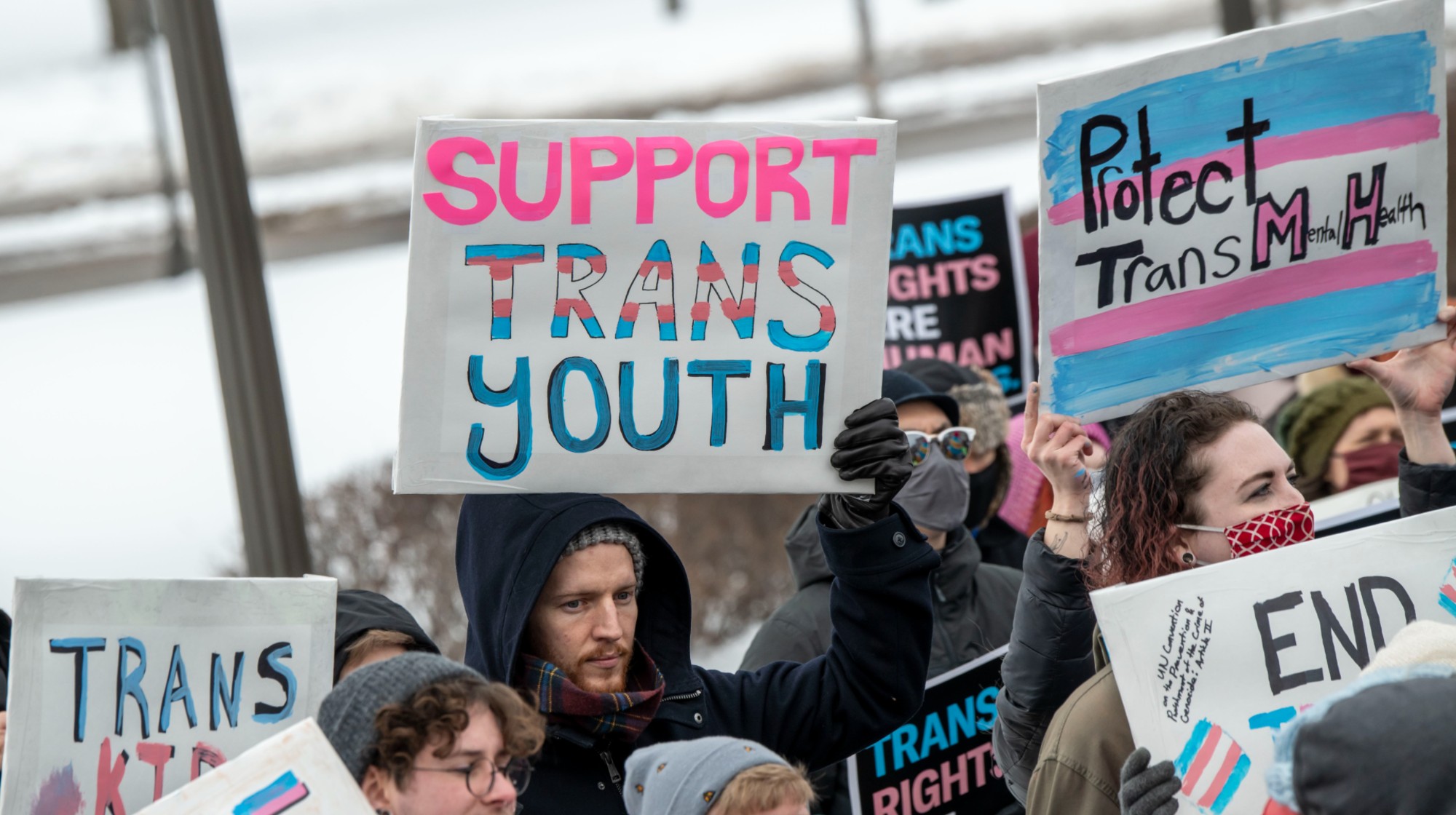 Trump HHS moves to end care for trans youth
Trump HHS moves to end care for trans youthSpeed Read The administration is making sweeping proposals that would eliminate gender-affirming care for Americans under age 18
-
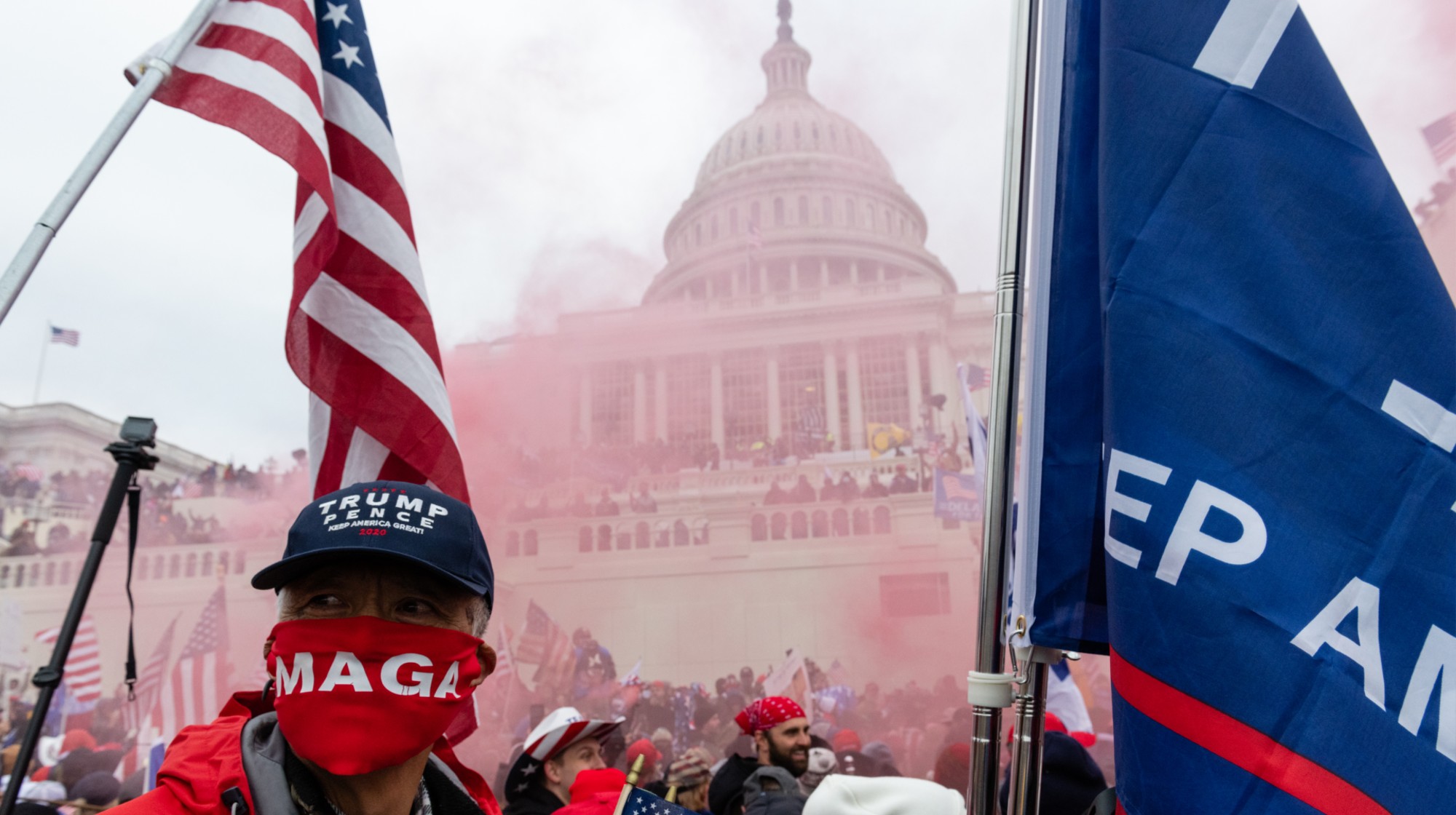 Jack Smith tells House of ‘proof’ of Trump’s crimes
Jack Smith tells House of ‘proof’ of Trump’s crimesSpeed Read President Donald Trump ‘engaged in a criminal scheme to overturn the results of the 2020 presidential election,’ hoarded classified documents and ‘repeatedly tried to obstruct justice’
